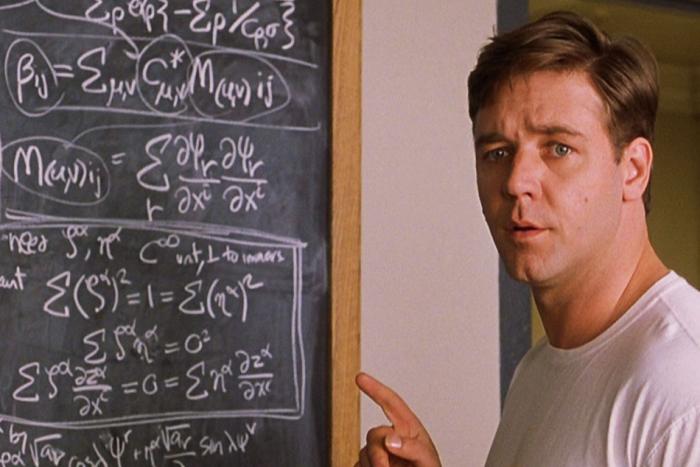Not to downplay the hole that the loss of hockey is leaving in the ranks of CBC employees, nor the significant programming gap it will have to fill when Rogers fully takes over Hockey Night in Canada in a few years, but the biggest lack that no pucks will leave on our national broadcaster is probably in its ethos. For better or worse, hockey is one of the few national myths that almost everyone—or at least enough people to drown out any complaints—can agree on. If it is a significant role of any national broadcaster to help in some way define its country, the CBC’s task gets infinitely harder when it can’t just turn its entire Saturday night and most of the spring to the Maple Leafs, Sidney Crosby, and the Stanley Cup.
It’s definitely not made any easier by the fact that, even with hockey, its English-language television programming—which is, again, for better or worse, effectively what a lot of people think of when they think of the CBC, or certainly at least complain about it—is in something of a doldrums.
There are those who argue it is just simply not very good, but even if we allow for the fact that people who want an AMC North comprise a relatively small sliver of the Canadian viewing public—it is worth remembering that, on a proportional level, a cult hit in America is much more financially viable than a cult hit here—its ratings generally tell the story: even if you focus on its unquestionable successes (like Dragon’s Den, and…), it is at the very least no better at telling Canadian stories to Canadians than the networks without an identifiable mandate to do just that. Of the big Canadian critical or commercial successes of the last decade or so (stuff like Slings and Arrows or Orphan Black, Flashpoint or Trailer Park Boys or Corner Gas), few to none have any connection to the CBC, and it’s not as if the network has laid staunch claim to the solid but unspectacular middle tier, either. Popularity can’t necessarily be equated with quality or any other higher ideals, of course, but it seems fair to say that anything that’s helping to craft a people’s sense of self will at least be watched or occasionally discussed by them.
This is the key bind the CBC finds itself in. A lot of its programming is as self-consciously Canadian as the menu at a state dinner (Alberta soap opera with a side of Newfoundland PI capers and Northern drama), ticking off regions and subcultures and generally hoping that stories about certain people will necessarily become stories that speak to their real-life counterparts. There is admittedly some kind of inherent logic to this, but it still circles back to the old problem: if you are telling people the kinds of stories you think they should hear and they’re ignoring them, then what you’re actually telling them is either outdated or irrelevant.
This sounds, to a degree, like an endorsement of the populist approach that so many people—especially the ones who may as well fuse their dials permanently to Radio 1—have fiercely decried, and though it’s certainly not a repudiation, it’s more about recognizing that the inherent diversity of a nation demands an equal diversity in how it’s spoken to. It’s not for nothing that the CBC’s logo is fractured pieces masquerading as a whole: it’s meant to be all things to all people, or at least enough things to enough people that there isn’t enough support for funding cuts.
If that’s not quite an impossible problem, it will do for now. Certainly it’s sufficiently vexing that people have suggested they give it up entirely: in the wake of the cuts, media rabble-rouser Jesse Brown suggested they cut bait on fictional or pseudo-fictional programming and focus entirely on newsgathering. This makes sense practically and philosophically: the CBC is the only news organization obliged to make a go of it where the markets might not otherwise support them, and the way the media is going, that might soon be the vast majority of Canada. And as much as you and me and everyone we know love the pretend stories we tell ourselves, they tend to whither if we don’t have any real ones on which to base them. And anyway, real stories are a comparatively easier sell.
But if extinction isn’t a realistic possibility at this point, the CBC might at least consider evolution—seeding a gross of different ideas, seeing which ones thrive, selecting for them, and then starting again. That would mean much smaller-scale productions, and a lot more chaff than wheat, but this is the age of the small and nimble. Besides, if they could already point to a pre-existing national myth on the scale of hockey, they would not be asking this question to begin with.






